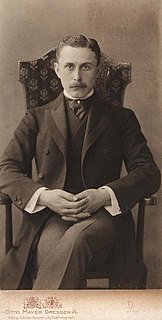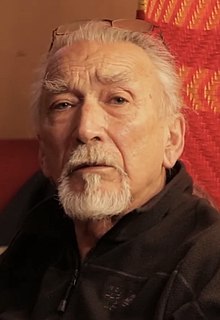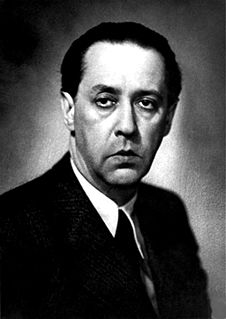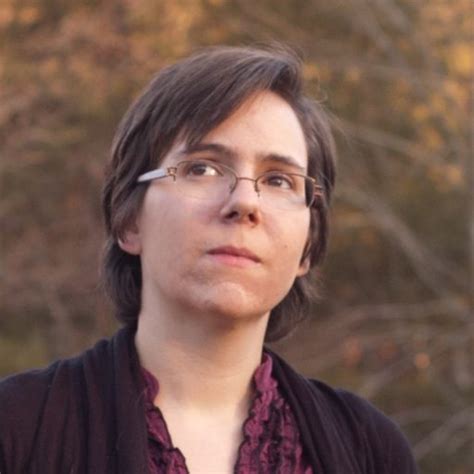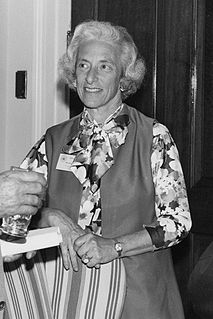A Quote by Adolf Loos
The Potemkin city of which I wish to speak here is none other than our dear Vienna herself.
Related Quotes
Budapest is a prime site for dreams: the East’s exuberant vision of the West, the West’s uneasy hallucination of the East. It is a dreamed-up city; a city almost completely faked; a city invented out of other cities, out of Paris by way of Vienna — the imitation, as Claudio Magris has it, of an imitation.
Vienna, to me it was the tuning fork for the entire world. Saying the word Vienna was like striking a tuning fork and then listening to find what tone it called forth in the person I was talking to. It was how I tested people. If there was no response, this was not the kind of person I liked. Vienna wasn't just a city, it was a tone that either one carries forever in one's soul or one does not. It was the most beautiful thing in my life. I was poor, but I was not alone, because I had a friend.
I wish to you sunshine, my dear one, my dear one. And treetops for you to soar past. I wish to you innocence, my child, my child. I pray you don't grow up too fast. Never know pain, my dear one, my dear one. Nor hunger nor fear nor sorrow. Never know war, my child, my child. Remember your hope for tomorrow.
Remember, too, that if your country has the greatest name in all the world, it is because she never bent before disaster; because she has expended more life and effort in war than any other city, and has won for herself a power greater than any hitherto known, the memory of which will descend to the latest posterity.
